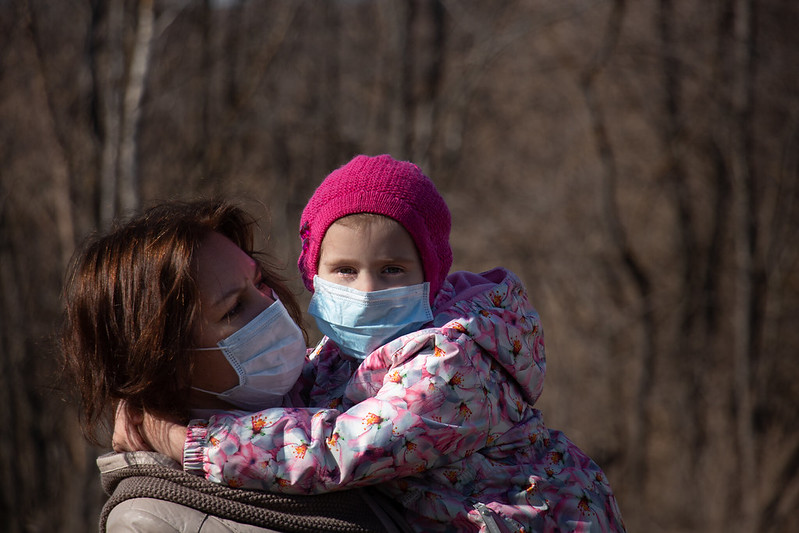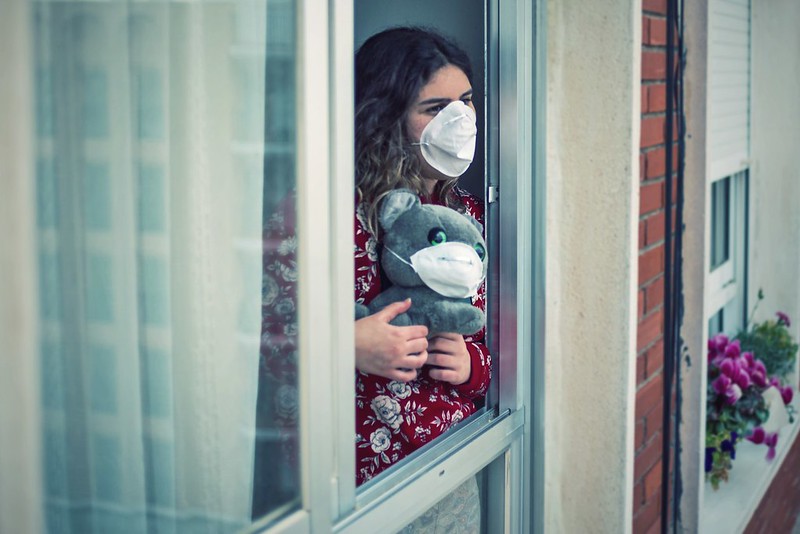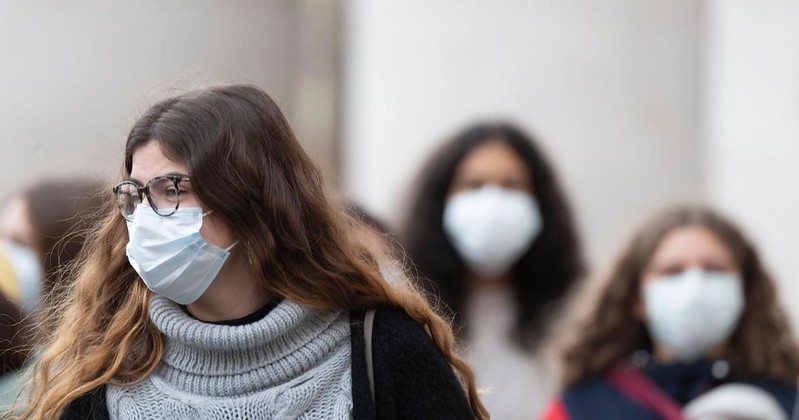SHARES

“I heard that the majority of people with COVID-19 will recover. However, it always seems like there are more bad news of people dying due to the virus.What happens if I get infected? I am worried.” Luqman is anxious about the growing pandemic, as frightening thoughts race through his mind.
What Are The Symptoms of COVID-19?
COVID-19 affects the airway, but a high number of people with the infection may show no symptoms. Those who have symptoms experience a wide range from mild to the seriously severe cases.
Most people have flu like symptoms such as a dry cough and fever that will go away in about two weeks’ time, but could take longer for some. Other symptoms include sore throat, congested or runny nose, chills and shivering, muscle pain, headache, and temporary loss of taste or smell. A small number have reported diarrhoea.
In general, children have milder symptoms but the virus can still spread as is the case with people who do not have any symptoms. On the other hand, older adults and those with chronic diseases are at higher risk for severe illness.
Watch out for warning signs of the serious symptoms like difficulty in breathing, persistent pain or discomfort or tightness in chest, face and lips turning blue, and confusion or becoming less responsive. Get help immediately if there are signs of severe symptoms of the infection. If you are unsure of the situation, give your doctor a call!
Am I At Higher Risk for Severe Illness?
COVID-19 is a new disease and there is limited information about the risk factors. Current reports of those that are at risk for severe illness include people:
1. Aged 65 years and above
2. Living in a nursing home or long-term care facility
3. Having chronic lung disease, or moderate to severe asthma
4. Suffering from severe heart disease
5. Being severely obesity (BMI ≥40) or diabetes mellitus
6. Living with severe chronic kidney disease or liver disease
7. Having poor immunity (e.g. poorly controlled HIV or AIDS, cancer treatment, prolonged use of immune system weakening medications such as corticosteroids, organ transplant, and smoking)
What Treatment Do I Expect for COVID-19?
There is currently no vaccine or medication that can kill the virus. The best approach is to prevent infection. This is especially true for people at higher risk for severe illness. Make sure to protect yourself or your loved ones through social distancing in public places, wearing a face mask, washing your hands often, and avoid touching your nose, mouth and eyes. Stay at home as much as possible and avoid any non-essential travel to public places.
Also, make sure to have your chronic diseases under control by taking your medication on time, and making better lifestyle choices.
In any event where we fall sick to COVID-19, the only cure is to wait for our body immune system to win the fight against the virus. This usually takes one to two weeks. However, if there are any warning signs of serious symptoms as described above, you need to get medical help immediately. In such a situation, you might need expert care for complex diseases, intensive care and even life support on a ventilator.
A critical concern with COVID-19 is that we can spread the disease to others when we are infected, not just only when we are sick. This can consequently cost the life of others. Therefore, during our recovery, we have to minimise our contact with others (isolation) and make sure our saliva, sneeze and cough droplets never reach other people. It is only safe to return to our families and communities after we test negative for the virus over 2 consecutive days.
Would I be Isolated If Tested Positive for COVID-19?
Yes, every single droplet from coughing and sneezing during our recovery can spread to others and may even cost them their lives. If you are well with mild symptoms and on our way to recovery, there is no need to be hospitalised from a medical clinical point of view.
However, the most critical action is isolation or quarantine for the sake of others. DO NOT come into contact with anyone, much less family members at home, especially those with advanced age and chronic diseases.
Should there be no enforced isolation for whatever reasons such as limited space in medical facilities, then prepare a personal bedroom with attached bathroom. Do not share it with anyone else. If any family member or caregiver is to enter the room, make sure everyone, sick or not, have a face mask and protective gear on. Also, make sure everyone wash their hands immediately after leaving the room before touching anything else in the common space.
In addition, frequently disinfect the room as well as put on gloves when handling potentially contaminated surfaces such as doorknobs, switches, furniture surfaces, toilet; emptying the trash bin; doing laundry etc.
Most important of all, rest well, eat well and drink lots of fluid to hasten your recovery.
Will I be Immune to COVID-19 After Recovery?
There is very limited understanding on our body immunity against COVID-19 and the risk of reinfection. However, based on our experience from the past, some viruses can mutate more easily when they spread from person-to-person and replicate themselves over many times. A good example is the flu virus (influenza) which has similar symptoms to COVID-19.
The new mutated strain of virus may overcome our existing body immunity against the old strain. Having said so, even though COVID-19 is much more contagious than the flu virus, it is still unclear if coronavirus would mutate fast.
Furthermore, there are evidence of a small number of re-activation of the virus in a few patients. Thus, it is still recommended to practise prevention such as social distancing despite recovery from COVID-19 at a critical time like this.
Conclusion
Majority of people in the order of 80% will recover well from COVID-19 in around two weeks. Common symptoms include fever and cough. However, for older people and those with chronic disease, there are higher risks for severe life-threatening illness when contracted with COVID-19.
The best approach is to prevent infection is through social distancing, good hand hygiene and appropriate use of personal protective equipment such as face mask and gloves. If we fall sick to COVID-19, make sure to isolate ourselves and practise prevention at home. Watch out for any warning signs of severe illness and get medical help immediately.
Find a GP/Family Doctor in Malaysia, on GetDoc
Find a GP/Family Doctor in Singapore, on GetDoc
References:
1. Coronavirus disease (COVID-19) [CDC]. U.S. Department of Health & Human Services. 2020. (Available from: https://www.cdc.gov/coronavirus/2019-ncov/index.html; last updated on 2020 April 17; last accessed on 2020 April 21)
2. Michael WS. Coronavirus recovery [Internet]. WebMD LLC. 2020. (Available from: https://www.webmd.com/lung/covid-recovery-overview#1; last updated on 2020 April 9; last accessed on 2020 April 21)
by Chang Xian
View all articles by Chang Xian.







